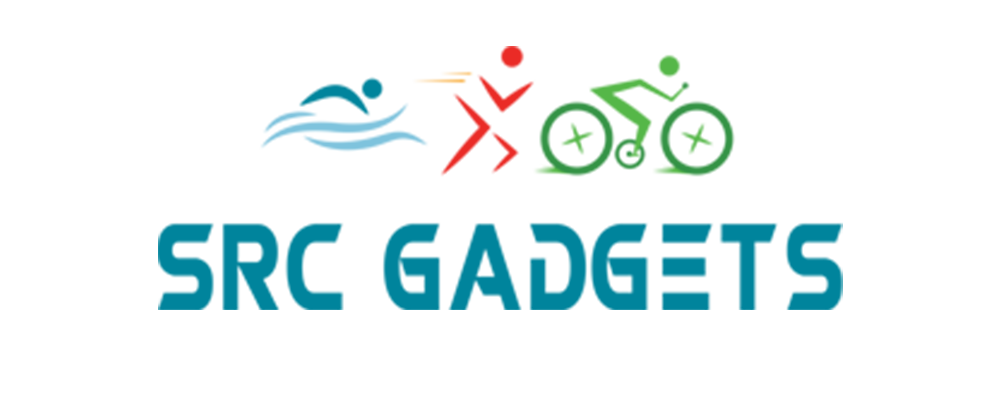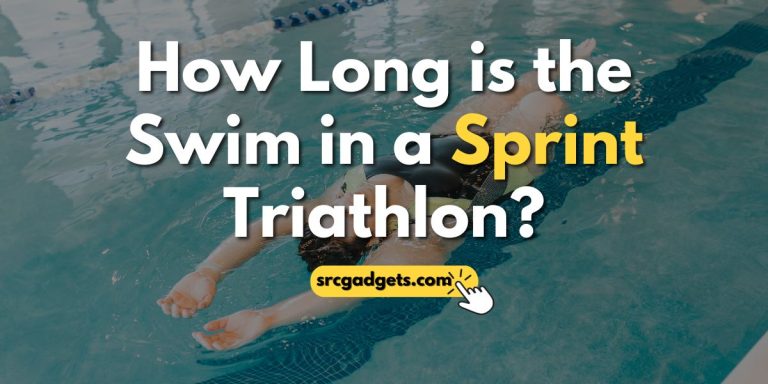Is Swimming Harder Than Running?
Lots of people who like to stay fit and athletes often wonder if swimming is more challenging than running. Swimming and running are key types of exercise that are good for your heart and lungs, and each one has its demands, good points, and difficulties.
This article looks closely at both exercises, compares long-distance running to swimming exercises, and considers things like how many calories you burn and how strong your muscles get.
Understanding the Basics
Swimming and Running: Fundamental Differences
Swimming and running are both good for your heart and help you get fit, but they are different. Swimming uses all of your muscles and is easy on your joints because you are floating in water. It helps make your muscles strong because you have to move through water, which is harder than air.
Running mostly uses the muscles in your legs and is good for your bones because it is a weight-bearing activity. However, running is harder on your joints than swimming.
Ease of Starting: Running vs. Swimming
Running is easier to start for most people because it’s like walking but faster. You do need to learn how to run well to avoid getting hurt. Swimming can be harder to learn at first because you need to know how to breathe properly and move your arms and legs in a certain way. Adding to these basics, it’s important to know that both swimming and running are great ways to stay healthy.
They just do it in different ways. Swimming is like a whole-body dance in water, where you use your arms, legs, and core to move. It’s peaceful and can feel like a break from the world. Running is like a powerful drumbeat for your legs, making you breathe hard and feel alive. It’s simple to do – just step outside and start.
So, whether you jump into the pool or lace up your sneakers, both are good choices for a happy and healthy life.
Muscle Groups and Mechanics
Swimming works out your whole body. You use your tummy, shoulders, back, arms, and leg muscles. Because the water holds you up, it’s easier on your joints. But, you still have to work hard because you’re moving against the water’s push, which helps make your muscles stronger and last longer before getting tired.
Running is mostly for your legs. It’s an exercise that makes you carry your weight, which is good for making your bones and muscles stronger. When you run, you use a lot of muscles to keep going and to stay balanced.
Swimming vs. Running: A Muscle Comparison
When you swim, think of it as a big group activity for your muscles, with everyone from your toes to your fingertips joining in. It’s like a muscle party in the pool, and the water is the bouncy castle gentle on your body but still a fun challenge.
Running is like a solo mission for your legs, where they’re the stars of the show, powering you forward on a journey that also keeps your bones tough like a superhero.
Skill Level and Accessibility
Learning to swim well can be a bit tough for beginners. It’s important to get good at controlling your breath and making the right movements with your arms and legs. It takes a lot of practice to swim smoothly and feel comfortable in the water.
Running is usually easier for people to start doing. Most of us can run without having to learn how, but getting better at it to run faster or not get hurt is also important. As you move from slow running to fast running, or run on different kinds of ground, knowing the best way to run is very important.
Learning the Rhythms
For those just starting, think of swimming as a dance in the water where you have to move especially to the rhythm of your breathing. It’s like learning a new language where your body must speak fluently with the water. On land, running is like walking but faster; it’s something our bodies know how to do since we were little.
But just like swimming, if you want to get better at it, you must practice. This means running in a way that’s smooth and safe for your body, which keeps you from getting hurt and makes running feel easier.
Physical and Health Benefits
Health Benefits of Swimming vs. Running
Swimming and running are both great for your heart and for losing weight. They each help you burn calories and stay fit in different ways.
1. Cardiovascular Fitness
Swimming is really good for your heart. It makes your heart beat faster and gives all your muscles a workout. This helps your heart and lungs get stronger and last longer. Also, when you swim for a long time, it helps you breathe better and can make your stamina better.
Running is also great for your heart. It makes your heart beat faster right away and is a good exercise for your whole body. If you run often, you will have better stamina, your heart will be healthier even when you’re resting, and your body will use oxygen better.
2. Calorie Burning Differences
How many calories you burn with swimming or running can change a lot based on how hard you work out. Swimming uses up a lot of calories, and strokes that make you work harder, like a butterfly or crawl, use even more. Your body keeps burning calories for a while even after you stop swimming.
Running usually uses more calories each minute than swimming. This is because it’s harder work for your body to fight against gravity and keep moving forward. But the total calories you burn while running will depend on how fast, how far, and how often you run.
The Role of Resistance
Water Resistance vs. Ground Impact
When people swim or run, they meet resistance, or push-back, from the water or ground. This resistance is very different in each sport and changes how hard the workout feels and what kind of exercise you get.
Water Resistance
Swimming means you’re pushing against water, which is always resisting you. This constant push-back is good for making muscles stronger and for building endurance without hurting your body too much. Working out in water teaches your body to use energy better because you have to move smoothly through the water.
In swimming, the water makes it harder for you to move, and you have to keep pushing against it. This constant push is good for making your muscles stronger and fitter without hurting your joints too much. The challenge of moving through water is also good for improving how long you can exercise and how well your heart and lungs work because your body gets better at moving in water.
Ground Impact
Running gives you a different challenge. Each time your foot hits the ground, your body feels a shock. This can make your bones stronger but might be hard on your joints and muscles.
The kind of shock you get varies with what you re running on. Running on soft paths is easier on your body than running on hard roads. Learning to run in a way that doesn t hurt your body and choosing softer places to run is important to prevent injuries and keep your joints healthy.
Psychological and Practical Considerations
Mental and Emotional Aspects of Swimming vs. Running
Where you work out can make a big difference in how you feel inside. Swimming and running each have special ways they can make you happy or help you deal with challenges, depending on what you like.
Peacefulness in the Pool
People who swim talk about feeling peaceful and alone in a good way when they are in the water. This calm feeling can help take away stress and help you feel like you’re meditating. The steady sounds of the water and how it feels to move through it can be like a healing session. Being mindful while swimming can help your mind relax and feel good.
The Joy of Running
Runners sometimes get a super happy feeling called the ‘runner’s high’ after running hard for a long time. This comes from special chemicals called endorphins that your body makes when you exercise. This happy feeling is a big bonus of running that can make you want to run more because of the good vibes it gives. Especially when you run far distances, this can help you feel mentally strong and healthy.
Choosing What s Best for You
Deciding if swimming or running is better for you depends on what you like and what you want to get from your workout. If you want to feel the water’s calmness and enjoy being alone with your thoughts, swimming could be your favorite.
But if you like the rush of energy and the happy feeling after a long run, you might prefer running. The key is to choose the activity that makes you the happiest and that you’ll want to do regularly. Whether it s swimming or running, both can make your mind and body feel great.
Conclusion
In conclusion, deciding whether to swim or run depends on what you like and what you want to achieve with your exercise. If you want a workout that is easy on your joints and works out your whole body, making your muscles stronger and your heart healthier, swimming is a great option. Run if you like burning off a lot of energy and you can do it almost anywhere.
Swimming and running are both good for you and can be part of a good exercise plan. They can even help each other out. For example, swimming can be a good way for runners to train differently and improve. Running and swimming are both good forms of exercise because they improve fitness and health.




